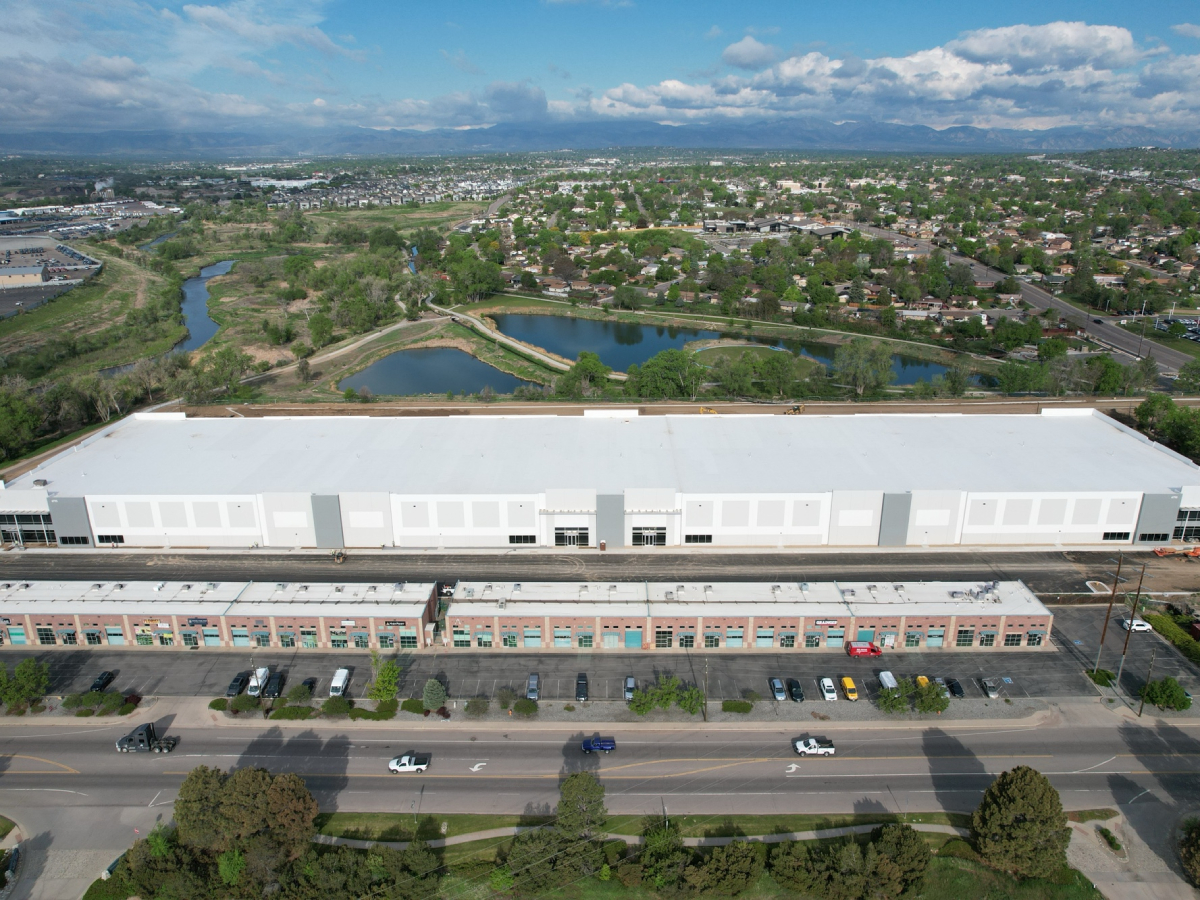A powerful anti-India lobby has been working overtime for the last few years to destabilise and defame the country’s polity, and its vibrant economy. Despite the overall recessionary trends and the slowing of economies all over the world, India, under the dynamic leadership of Prime Minister (PM) Narendra Modi, has faced the situation boldly and taken hard and forward-looking economic and political decisions. It has handled the pandemic well, and managed the economic turbulence caused by the Ukraine-Russia war. The situation in India on all fronts is excellent and the future is looking bright. The International Monetary Fund estimates that India will grow by 6.1% in 2023-24, the fastest among major economies, including the United States (US), Japan, and China. Inflation is expected to fall too, to between 4% and 5% over the next few years. India is set to be the third-largest economy in the world very soon.
The government’s adept handling of the oil situation in the wake of the Ukraine war is well documented. As is the country’s diplomatic response, spearheaded by the PM himself and ably executed by the external affairs minister, which has made India a voice of reason on the global stage. This year, India has the chair of the powerful G20, and also the Shanghai Cooperation Organisation. Together, its economic and geopolitical success has made the country the cynosure of many eyes — both internally and externally.
Hence the attack: First in the form of a diatribe by Pakistan minister Bilawal Bhutto at an international forum, then the ill-conceived documentary series made by the BBC after “prolonged research of two years”.
The motive appears to be to defame India and the Indian political and economic system, throwing the country into chaos. Interestingly, trigger-happy public litigationists and Opposition parties have lapped up the opportunity.
In any case, challenging but interesting times are ahead. And as we all know, PM Modi loves challenges because he knows well how to convert them into opportunities. History shows that during the last 22 years of his active political journey, starting from November 2001, he has converted adverse situations and challenges to his political advantage.
He has been constantly attacked, including at a personal level, by politicians, activists, and others with vested interests who have targeted him for what happened during the 2002 riots in Gujarat. A judicial commission under the chairmanship of a retired Supreme Court judge, justice GT Nanavati, went into all the details of the Godhra train carnage and subsequent riots in Gujarat and submitted a detailed report. This report has nowhere indicted the PM, then the chief minister of Gujarat.
The Supreme Court constituted a special investigation team (SIT) under the chairmanship of RK Raghavan, retired Indian Police Service officer and former Central Bureau of Investigation director, to investigate some of the sensational riot cases in Gujarat. The SIT did a meticulous and fair job for 14 years and submitted regular progress reports to the Supreme Court, which often expressed satisfaction over the reports submitted, and recently closed the monitoring part of it. Apart from conducting further investigations, SIT was mandated to pursue the prosecutions in the special courts as well. SIT not only secured convictions in various cases but also successfully extradited one of the accused who was in the United Kingdom.
In a nutshell, the perpetrators of the riots in Gujarat have been adequately and appropriately handled by investigating agencies, which include local police and the criminal investigation department, as well as the courts. This was achieved when Modi was the chief minister of Gujarat and neither he nor his colleagues in the government tried to interfere with the administration of justice. PM Modi also submitted himself before the SIT for questioning, as mandated by the Supreme Court which wanted it to inquire into the allegations made by Zakia Jafri against him and others with regard to the alleged role played by them during the riots. The SIT did a comprehensive job and submitted a report to the jurisdictional court that accepted it. This was further challenged by the petitioner in the high court and subsequently, in the Supreme Court, and after a detailed hearing, the matter was settled finally with the apex court in a detailed order accepting the closure report of the SIT, meaning thereby that the allegations levelled by the petitioner were found to be wrong and baseless.
Against this backdrop, where is the relevance of the BBC documentary? Raking up an old issue with mala fide intent speaks volumes of the conspiracy. PM Modi is definitely going to gain from this. This will be a tight slap on the face of detractors and conspirators.
Rakesh Asthana is a retired Indian Police Service officer and former police commissioner of Delhi
The views expressed are personal















